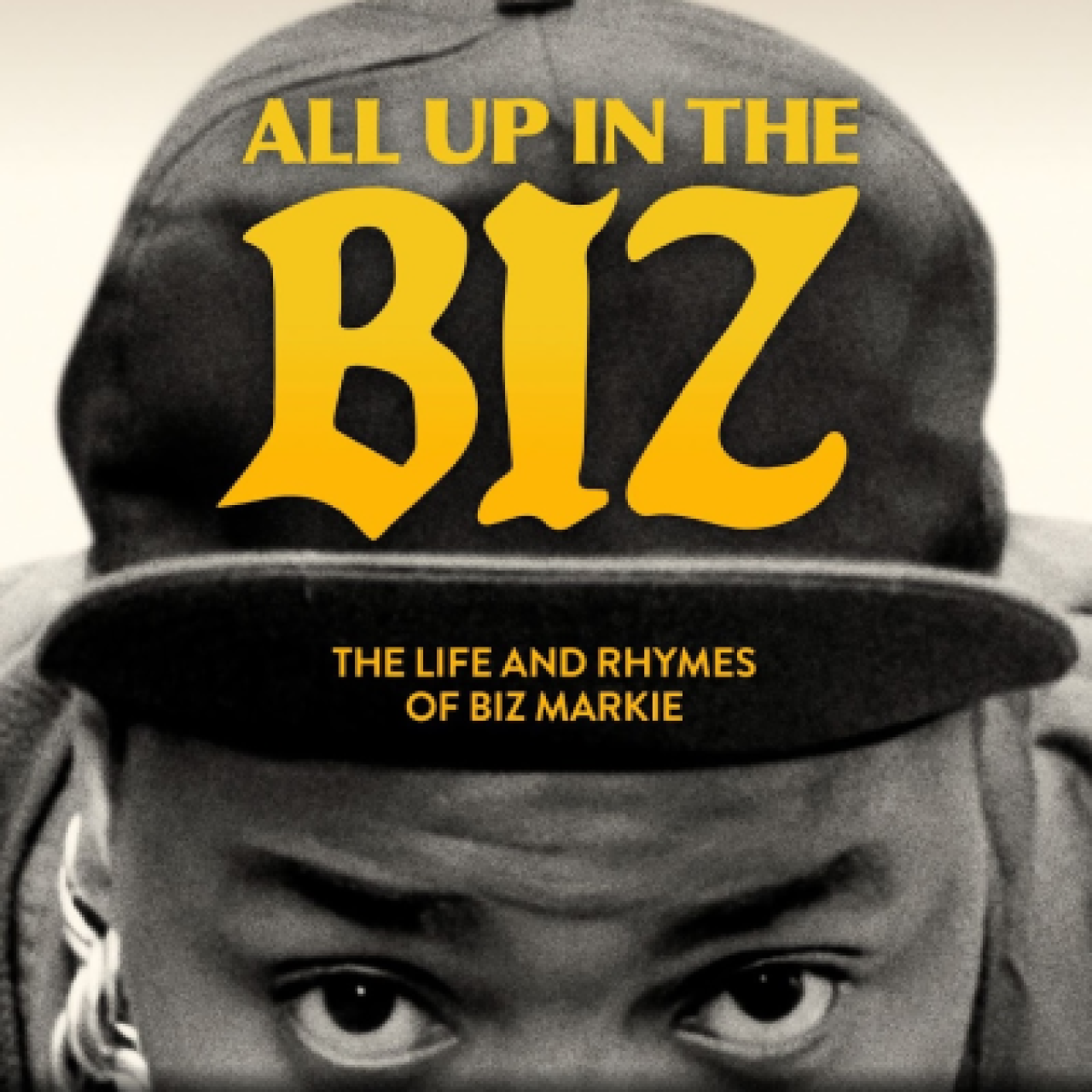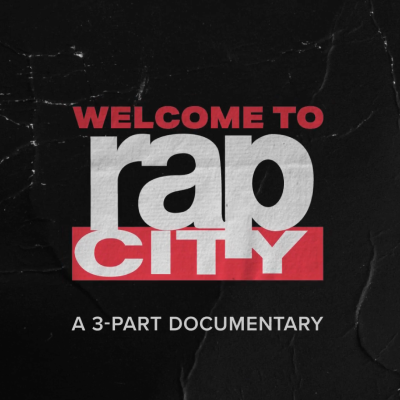Biz Markie died at the age of 57 in 2021, and his unsurprising — Biz had been sick for years — yet still tragically young demise remains fresh among the hip-hop community. When All Up in the Biz: The Life and Rhymes of Biz Markie shows Rakim struggling to contain his tears, it’s like watching your father cry. There are less fraught magic moments, too, like when Masta Ace freestyles to a puppet version of Biz and apologizes for making “Me and the Biz” with Marley Marl without getting Biz’s blessing first. (A commentator’s observation that Marley Marl was “the original Dr. Dre” seems ironic given that both Marley and Dre have faced accusations of not giving collaborators proper credit.) Director Sacha Jenkins floats between a biography dense with history of the 80s rap scene and Biz’s lengthy, ultimately unsuccessful hospital battle against diabetes. The latter segments are illustrated with puppets and humans a la The Muppets. Jenkins also utilizes fanciful, childlike illustrations of Biz’s adventures from Hectah Arias. At one point, All Up in the Biz posits that Biz “stopped making records” after the historic lawsuit surrounding his sample of Gilbert O’Sullivan’s “Alone Again (Naturally)” for 1991’s “Alone Again.” But that wasn’t the case: Biz remained active throughout the 90s as he slowly transitioned into a corporate events DJ and guest on children’s shows like Yo Gabba Gabba. His collaborations with Beastie Boys’ Grand Royal empire also kept him in the public eye. To be fair, though, “Studda Step” can’t compare to classics like “Make the Music with Your Mouth, Biz” and “Vapors.” As Jazzy Jeff — whose frequent appearances in rap docs is turning him into the hip-hop Henry Rollins — says, “The gift and the curse of being around for a long period of time is there’s a period when all your shit is on the radio, and then there’s a period when it’s not.” Jenkins and Mass Appeal produced All Up in the Biz as part of their ongoing content deal with Paramount. * (Recommended)
Humthrush.com will always be free to read and enjoy. If you like my work, leave a tip at Ko-fi.com/humthrush.


